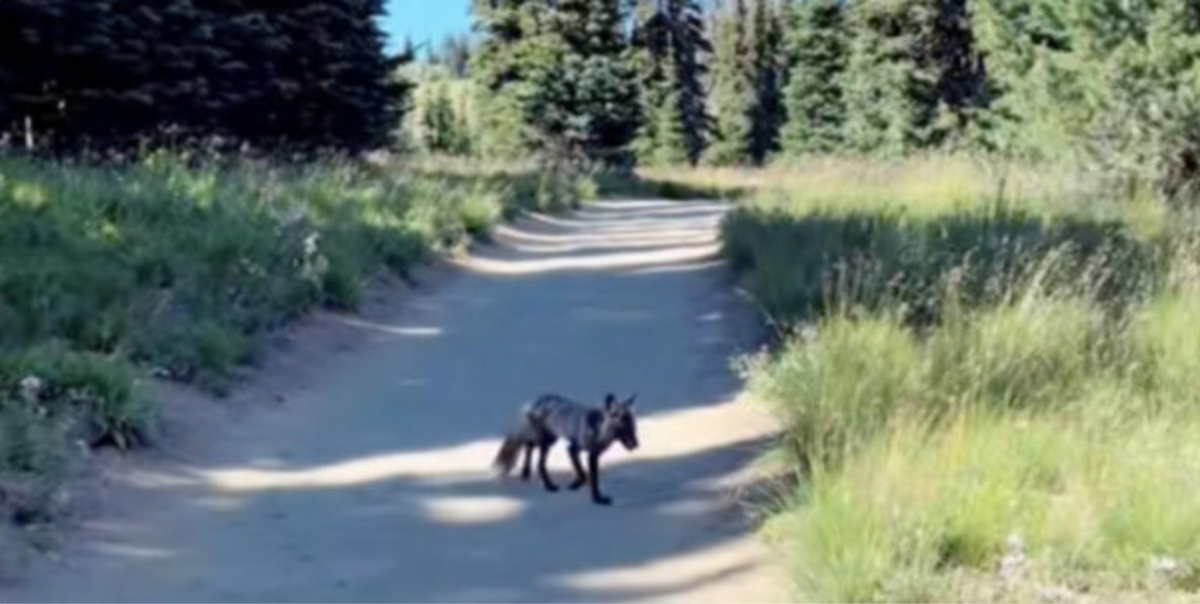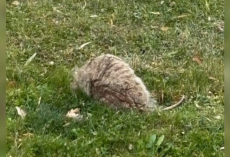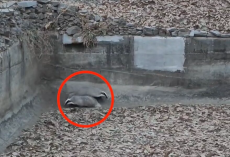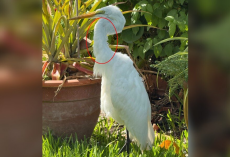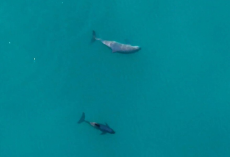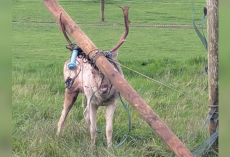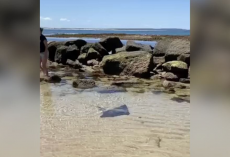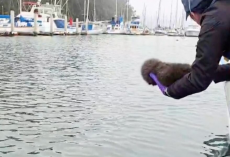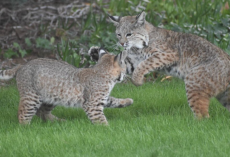When wildlife photographer Raychel Burke set out for a quiet hike near Mount Rainier, she expected to capture sweeping landscapes and perhaps a few familiar creatures along the way. What she didn’t expect was to come face-to-face with one of the rarest animals on Earth.
Partway up the trail, another hiker warned her about a “coyote” roaming nearby. Moments later, a small, dark canine stepped out from the trees and began walking toward her. But something about the animal stopped Burke in her tracks.
“Suddenly, a small, dark canine walked right toward me on the trail — but it was much smaller than I expected,” Burke told The Dodo. “It looked more like a fox.”
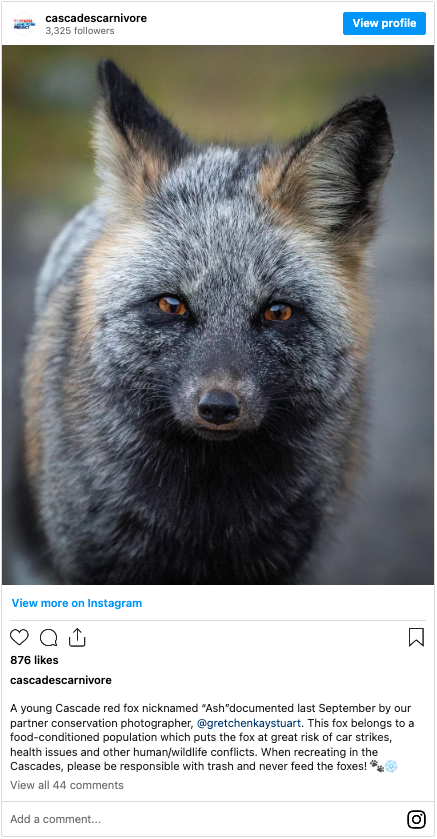
When she returned home and began researching, Burke’s curiosity turned into astonishment. She hadn’t met a coyote at all — she’d crossed paths with a Cascade red fox, a critically endangered species found only in Washington State.
“Being a wildlife photographer with a background in zoology and conservation, I was thrilled to learn later that I’d encountered one of the rarest subspecies of fox on the planet,” she said.
Only about 50 Cascade red foxes are believed to exist in the wild. These elusive canines live high in the subalpine regions of the Cascade Mountains, surviving in some of the snowiest, harshest environments in the country.
“They are smart and tough, surviving in the unforgiving landscape of the sub-alpine zone,” Burke said.
Over the next two years, Burke and her family were lucky enough to spot the same fox on multiple hikes. Each encounter left her both awestruck and deeply grateful.
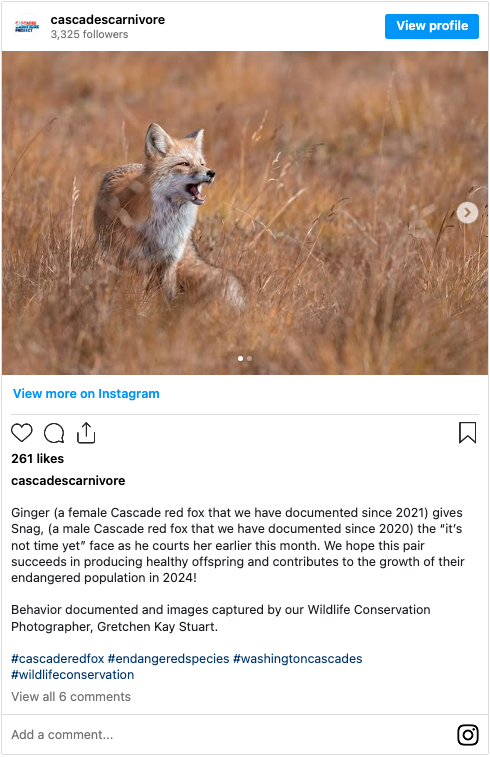
“It feels really special to have this parasocial relationship with an almost extinct species,” she said. “She might not remember me each time, but I like to think she does.”
One unforgettable day, Burke watched the fox hunt — a rare and intimate glimpse into the animal’s daily life. On another occasion, she noticed something that made her heart leap: the fox wasn’t alone.
“I squealed with delight when I realized she was a mother with kits hidden in the area,” Burke said. “Seeing them take steps toward repopulation is always a huge win.”
Though she cherishes each encounter, Burke is careful to keep her distance. She knows that human interference, even from well-meaning wildlife enthusiasts, can put the fragile species at risk.
“One time, she sat nearby resting, and I walked away to give her space,” she recalled.
Burke later learned about the Cascades Carnivore Project, a nonprofit devoted to studying and protecting Cascade red foxes. The group urges hikers to respect the animals’ secrecy — never approach, feed, or disclose exact sighting locations.
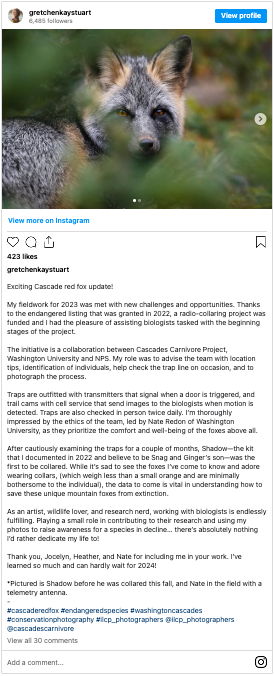
“It is imperative to never search for, approach or feed a Cascade red fox,” Burke said. “Report any sightings, but keep their location private.”
Thanks to ongoing conservation efforts and passionate advocates like Burke, the rare Cascade red fox still roams Mount Rainier’s snowfields — a living reminder of nature’s resilience.
With a little luck and a lot of protection, these beautiful foxes may continue to thrive in the wild for generations to come.
If you’d like to help, consider supporting the Cascades Carnivore Project here.

